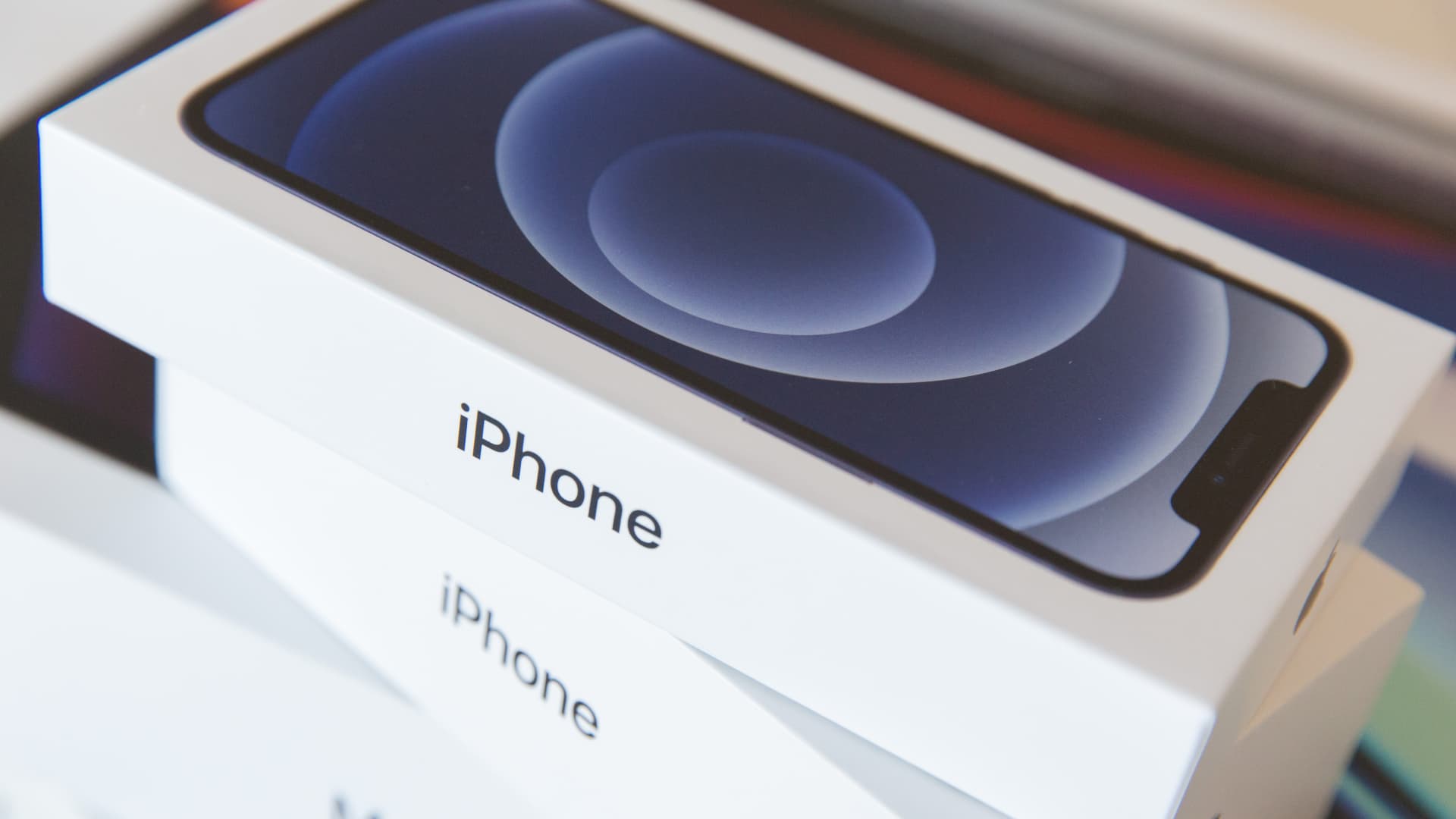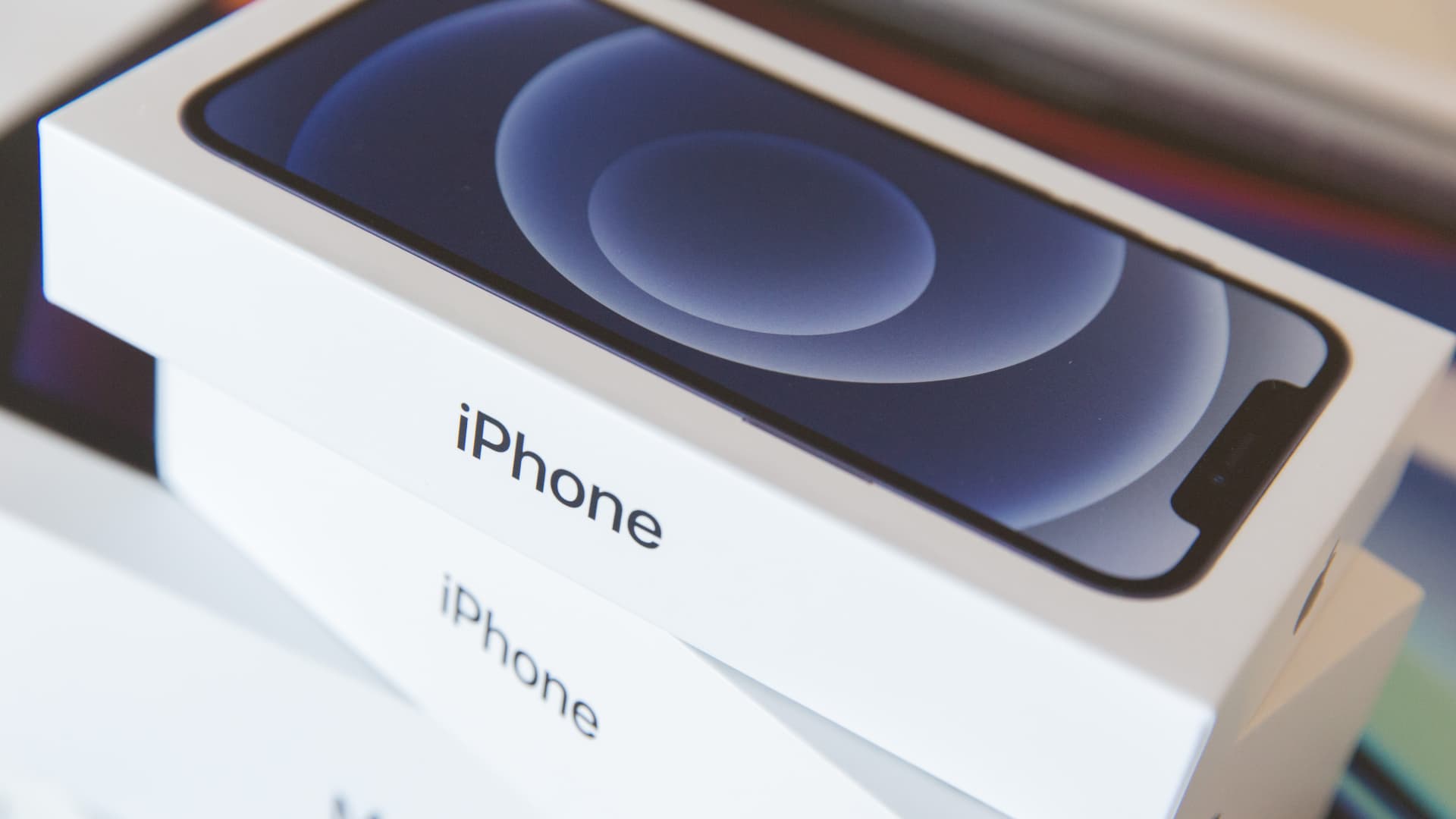The Psychology Behind Why We Crave the New iPhone

Every September, millions of people worldwide experience an undeniable urge to upgrade their smartphones. This phenomenon goes beyond practical need—it’s deeply rooted in human psychology. Understanding why we crave the new iPhone can help us make more conscious tech choices and recognize when marketing psychology is driving our decisions rather than genuine necessity.
Why Understanding Tech Cravings Matters in 2025
Recent consumer behavior studies reveal that 68% of smartphone upgrades occur when devices are still fully functional. The global smartphone market continues to leverage psychological triggers, with Apple’s marketing strategy generating over $200 billion annually. Recognizing these patterns is crucial for mindful consumption and financial wellness in our increasingly digital world.
The Neuroscience of Anticipation and Reward
Our brains are wired to seek novelty. Neuroimaging research demonstrates that the brain’s reward system activates not only when we receive rewards but when we anticipate them. This dopamine-driven mechanism explains the excitement surrounding iPhone launches and why unboxing videos accumulate millions of views.
Key psychological drivers include:
- Dopamine anticipation: The brain releases dopamine during expectation phases
- Novelty seeking: Humans are naturally drawn to new experiences and objects
- Reward prediction: Our neural pathways fire in anticipation of pleasure

5 Psychological Forces Driving iPhone Upgrades
1. Fear of Missing Out (FOMO)
Launch cycles create artificial scarcity and urgency. Limited stock, exclusive colors, and social media buzz trigger the fear of being left behind. Research shows that 74% of millennials experience FOMO when seeing peers with new technology.
2. Identity and Status Signaling
Smartphones have become extensions of personal identity. A 2024 consumer psychology study found that 62% of participants associate their device choices with self-image and social standing.
3. The Self-Upgrade Illusion
Upgrading technology often feels like upgrading ourselves. A newer device with enhanced features can symbolize personal growth, creativity, or productivity improvements.
4. Social Belonging and Connection
Apple’s ecosystem creates a sense of community. Shared experiences around product launches and features strengthen social bonds among users.
5. Marketing Mastery
Apple’s marketing expertly taps into fundamental human needs through:
- Carefully orchestrated reveal events
- Influencer and celebrity endorsements
- Strategic scarcity messaging
- Ecosystem lock-in strategies
The Counter-Movement: Conscious Tech Consumption
Interestingly, the same psychological awareness fueling upgrade culture is sparking a counter-trend. Movements advocating for:
- Right to repair and device longevity
- Sustainable technology choices
- Digital minimalism and intentional usage
- Financial independence through mindful spending
These approaches satisfy equally powerful human needs for authenticity, autonomy, and environmental responsibility.
How to Distinguish Psychological Pull from Practical Need
Before your next tech purchase, ask these critical questions:
- Is my current device truly inadequate, or am I craving novelty?
- Will this purchase serve as a practical tool or an identity statement?
- How would I feel about this purchase in 30 days?
- Can I achieve my goals with my current technology?
- What specific problems will this upgrade solve?
Practical Strategies for Mindful Tech Upgrades
1. Implement a 30-Day Rule
Wait one month before making significant tech purchases. Research indicates this cooling-off period reduces impulse buying by 47%.
2. Calculate True Cost of Ownership
Consider:
- Initial purchase price
- Insurance and protection plans
- Repair costs and availability
- Ecosystem expenses (accessories, apps, services)
- Depreciation and resale value
3. Define Your Actual Needs
Create a list of must-have features versus nice-to-have upgrades. Focus on functionality that genuinely enhances your daily life.
4. Explore Alternative Solutions
Sometimes software updates, accessories, or changing usage habits can extend your current device’s usefulness.
Frequently Asked Questions
Why do I feel excited about new iPhone releases?
This excitement stems from dopamine release in anticipation of novelty. The brain’s reward system activates during expectation phases, creating pleasurable anticipation similar to other rewarding experiences.
How can I resist upgrade pressure?
Develop awareness of marketing tactics, practice delayed gratification, focus on your actual needs rather than wants, and remember that technological improvements are often incremental rather than revolutionary.
Are annual phone upgrades worth it?
For most users, no. The performance and feature improvements between generations are typically minimal. Most smartphones remain fully functional for 3-4 years with proper care.
What’s the environmental impact of frequent upgrades?
Significant. Smartphone production consumes substantial resources and generates electronic waste. Extending device lifespan by one year can reduce its carbon footprint by approximately 30%.
Key Takeaways
Understanding why we crave the new iPhone empowers us to make conscious choices aligned with our values and practical needs. Recognize that:
- Upgrade urges are often psychological rather than practical
- Marketing expertly taps into fundamental human drives
- Mindful consumption leads to financial and environmental benefits
- You have agency over your tech decisions
The next time you feel that familiar pull toward the latest iPhone, pause and consider whether you’re upgrading your device or being upgraded by sophisticated psychological triggers.
References
Jackson, T. (2004). Negotiating Sustainable Consumption: A review of the consumption debate and its policy implications. Energy & Environment, 15(6), 1027–1051.
Knutson, B., Adams, C. M., Fong, G. W., & Hommer, D. (2001). Anticipation of increasing monetary reward selectively recruits nucleus accumbens. The Journal of Neuroscience, 21(16), RC159.
Przybylski, A. K., Murayama, K., DeHaan, C. R., & Gladwell, V. (2013). Motivational, emotional, and behavioral correlates of fear of missing out. Computers in Human Behavior, 29(4), 1841–1848.








